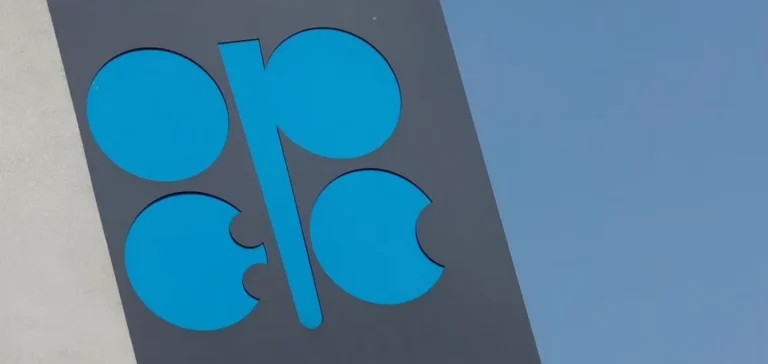The Organization of the Petroleum Exporting Countries (OPEC) has maintained its global oil demand growth forecasts for 2025 and 2026, while revising downward the expected supply deficit for 2026. This adjustment comes as the extended OPEC+ alliance, which includes Russia and other producing nations, accelerates the unwinding of production cuts.
Increase in OPEC+ supply
In its monthly report published on October 13, OPEC stated that OPEC+ crude oil production rose by 630,000 barrels per day in September, reaching a total of 43.05 million barrels per day. This increase reflects the implementation of previously revised production quotas by member countries of the alliance. The additional supply comes at a time when oil prices remain under pressure due to concerns about a potential global surplus.
Adjusted 2026 projections
According to the published data, expected demand for OPEC+ crude is forecast to average 43.1 million barrels per day in 2026. Based on September’s production levels, this would result in a deficit of only 50,000 barrels per day. This marks a significant revision compared to last month’s estimate, which projected a 700,000 barrel-per-day deficit if August’s output levels were maintained.
Stable macroeconomic context
The organisation also indicated that the global economy continues to show solid growth, supporting medium-term stability in energy demand. No significant changes were made to demand projections, reflecting continued confidence in the resilience of oil markets despite geopolitical and economic uncertainties.
Impact on oil market balance
The revised deficit projections could influence producers’ commercial strategies and the direction of production policy within OPEC+. The combination of stable demand and increased supply may push the market closer to balance, limiting upward pressure on crude prices. The collective decision-making of OPEC+ remains a key factor in current market dynamics.






















